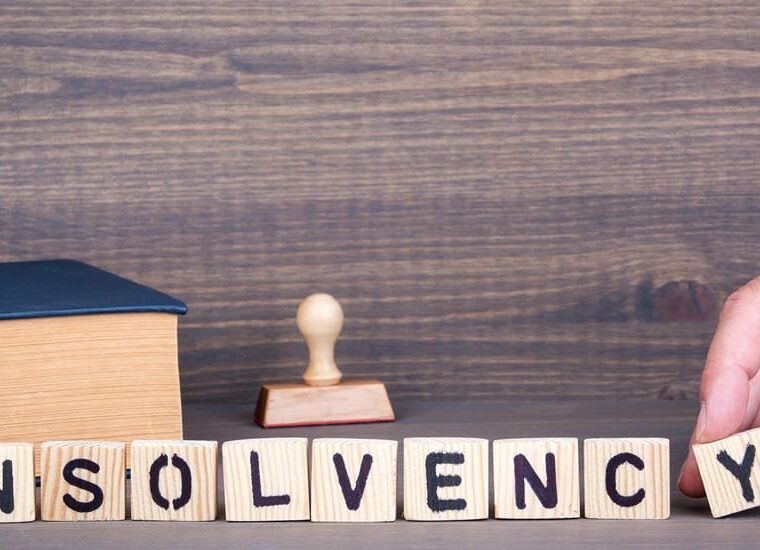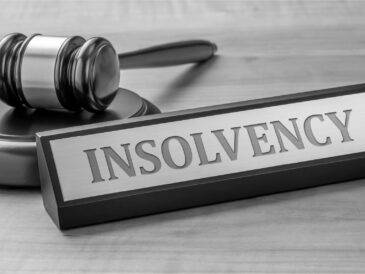Insolvency can be a daunting prospect for any business owner. Whether facing financial difficulties or navigating the complexities of bankruptcy, having the right legal representation is crucial. Insolvency lawyers specialise in helping businesses manage their financial distress and can provide invaluable guidance through the legal processes involved. This guide aims to elucidate the essential factors to consider when selecting the best insolvency lawyers for your business.
Understanding Insolvency Law
Before diving into the selection process, it is vital to grasp the fundamentals of insolvency law. Insolvency occurs when a business cannot meet its financial obligations, leading to potential legal proceedings. In Australia, the legal framework governing insolvency is primarily outlined in the Corporations Act 2001. Understanding these laws will empower you to make informed decisions when seeking legal counsel.
Insolvency lawyers not only assist in navigating the legal landscape but also provide strategic advice on restructuring, liquidation, and voluntary administration. Their expertise can help businesses mitigate losses and explore viable options for recovery.
Key Qualities to Look for in Insolvency Lawyers
Experience and Specialisation
When choosing an insolvency lawyer, prioritising experience is paramount. Look for lawyers who specialise in insolvency law and have a proven track record in handling cases similar to yours. Experienced lawyers are more likely to be familiar with the nuances of the law and can anticipate potential challenges that may arise during the process.
Insolvency law is a specialised field, and not all lawyers possess the necessary expertise. Therefore, it is advisable to seek out professionals who have dedicated their practice to this area. This ensures that they are up-to-date with the latest legal developments and can provide the most relevant advice.
Reputation and References
The reputation of an insolvency lawyer can significantly influence your decision. Conduct thorough research to find out how they are perceived within the industry. Online reviews, testimonials, and professional ratings can provide insight into their capabilities and client satisfaction levels.
Additionally, consider asking for references from previous clients. Speaking directly to those who have worked with the lawyer can offer invaluable insights into their working style, effectiveness, and overall approach to handling insolvency cases.
Communication Skills
Effective communication is vital in any legal matter, particularly in insolvency cases where emotions may run high. A good insolvency lawyer should be able to explain complex legal concepts in a manner that is easily understandable. They should also be responsive to your queries and keep you informed throughout the process.
During initial consultations, pay attention to how the lawyer communicates. Are they attentive to your concerns? Do they provide clear answers? These factors can indicate how well they will represent your interests moving forward.
Assessing the Lawyer’s Approach
Strategic Thinking
Insolvency cases often require innovative solutions and strategic planning. A competent insolvency lawyer should demonstrate a proactive approach to problem-solving. They should be able to assess your unique situation and propose tailored strategies that align with your business goals.
During consultations, inquire about their approach to handling insolvency cases. A lawyer who takes the time to understand your business and its challenges is more likely to devise effective solutions that can lead to a successful outcome.
Negotiation Skills
Negotiation is a critical aspect of insolvency law, particularly when dealing with creditors and stakeholders. A skilled insolvency lawyer should possess strong negotiation skills to advocate for your interests effectively. They should be able to navigate discussions with creditors, ensuring that your business’s rights are protected while seeking the best possible outcome.

Ask potential lawyers about their experience in negotiations and any successful outcomes they have achieved for previous clients. This will give you confidence in their ability to represent your interests during critical discussions.
Understanding Fees and Costs
Transparent Fee Structures
Legal fees can vary significantly among insolvency lawyers, making it essential to understand their fee structures before making a decision. Some lawyers charge hourly rates, while others may offer fixed fees for specific services. Ensure that you have a clear understanding of how they charge and what services are included in their fees.
It is advisable to request a detailed breakdown of costs during initial consultations. This transparency will help you avoid any unexpected expenses down the line and allow you to budget accordingly for legal services.
Value for Money
While cost is an important consideration, it should not be the sole factor in your decision-making process. The value provided by an insolvency lawyer can far outweigh the costs involved. A skilled lawyer can help you navigate complex legal issues, potentially saving your business from significant financial losses.
Consider the potential return on investment when evaluating lawyers. A higher fee may be justified if the lawyer has a proven track record of achieving favourable outcomes for clients in similar situations.
Initial Consultation and Assessment
Preparing for the Consultation
Once you have narrowed down your options, scheduling an initial consultation is the next step. This meeting is an opportunity for you to assess the lawyer’s suitability for your needs. Prepare for the consultation by gathering relevant documents and information about your business’s financial situation.
During the consultation, be open and honest about your circumstances. This will enable the lawyer to provide tailored advice and determine the best course of action for your business. Take notes during the meeting to help you remember key points and assess the lawyer’s responses later.
Evaluating Compatibility
Compatibility between you and your chosen lawyer is essential for a successful working relationship. Assess how comfortable you feel discussing sensitive financial matters with them. A lawyer who fosters a supportive and understanding environment will make the process less daunting.
Trust your instincts; if you feel uneasy or unsure about a lawyer, it may be worth considering other options. A strong rapport can significantly enhance communication and collaboration throughout the insolvency process.

Conclusion
Choosing the right insolvency lawyer for your business is a critical decision that can impact your financial future. By considering factors such as experience, reputation, communication skills, and fee structures, you can make an informed choice that aligns with your business needs. Remember to prioritise compatibility and seek a lawyer who demonstrates a proactive approach to problem-solving. With the right legal representation, you can navigate the complexities of insolvency with confidence and work towards a brighter financial future.
See Also: Insolvency Law Explained: what it means for companies and individuals.


